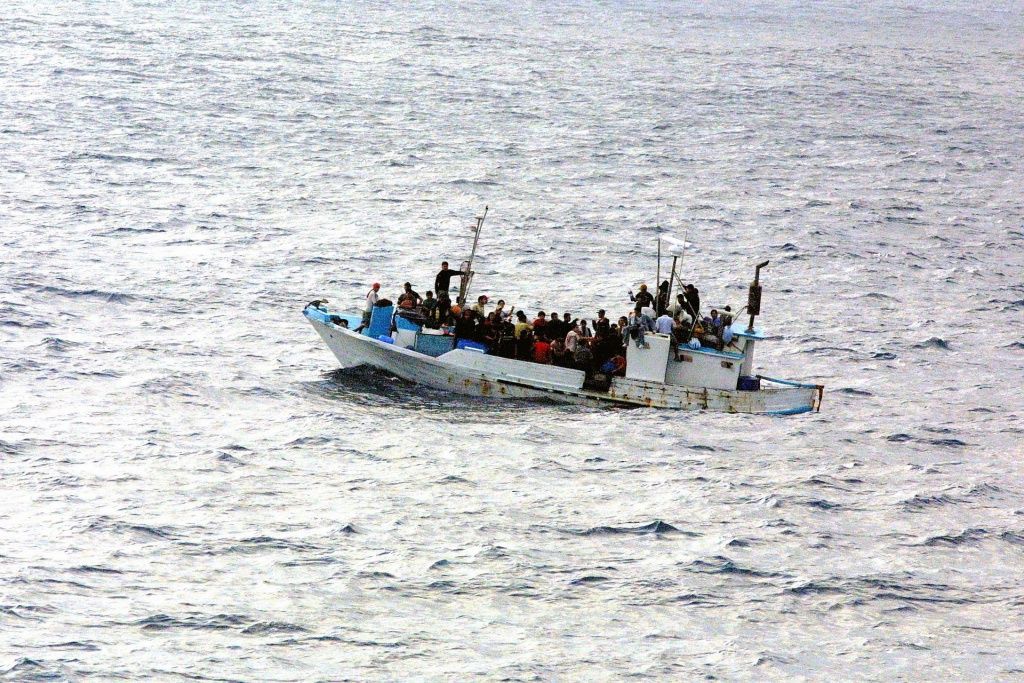The government party Venstre wants to strip Danish aid funds from NGOs that take part in rescuing migrants and refugees trying to cross the Mediterranean via boat.
Venstre’s spokesperson on immigration issues, Marcus Knuth, follows the line set by the EU border agency Frontex, which has also criticised NGOs for funding or taking part in rescue missions.
“I agree strongly with the criticism. Aid organisations create a greater incentive to take the dangerous journey across the Mediterranean Sea, and I look upon that gravely,” Knuth told Berlingske newspaper.
“So we should look at where these organisations get their funds from, and if it comes from Denmark, we should strongly reconsider continuing to give them support.”
READ MORE: Number of immigrants coming to Denmark falls for the first time in five years
Little support
Currently, there are nine NGOs operating ships in the Mediterranean off the coast of Libya, which is where most of the migrants from Africa, the Middle East and Asia depart from in a bid to reach Europe – last year alone, 181,000 attempted the perilous crossing.
According to Berlingske, just one of the nine NGOs operating in the Mediterranean receives Danish aid support, and that organisation is Red Barnet (Save the Children), which is headed by Helle Thorning-Schmidt, the former Danish PM.
Jonas Keiding Lindholm, the secretary general of the Danish wing of Red Barnet, maintains that Venstre’s criticism is way off base.
“There is no connection between our efforts and human trafficking. A number of studies have proved that,” Lindholm told Berlingske.
Berlingske surveyed all Danish party immigration spokespeople and only Dansk Folkeparti supported Venstre’s criticism.














